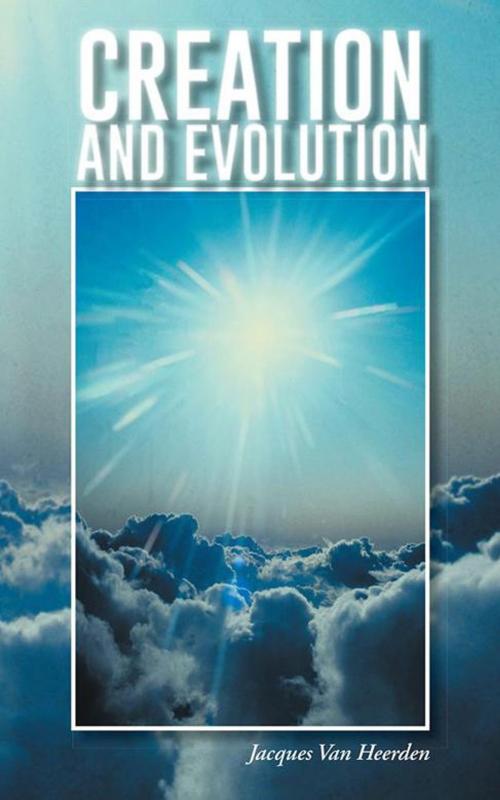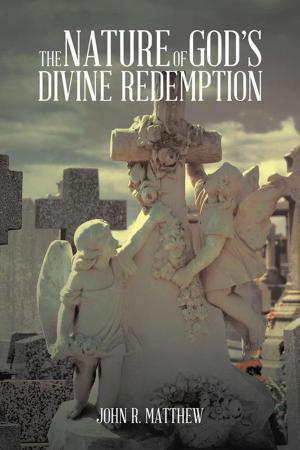| Author: | Jacques Van Heerden | ISBN: | 9781491888797 |
| Publisher: | AuthorHouse UK | Publication: | January 30, 2014 |
| Imprint: | AuthorHouse UK | Language: | English |
| Author: | Jacques Van Heerden |
| ISBN: | 9781491888797 |
| Publisher: | AuthorHouse UK |
| Publication: | January 30, 2014 |
| Imprint: | AuthorHouse UK |
| Language: | English |
The first few chapters of Genesis, which give the biblical account of Creation, may well be the most underrated text in existence! It has been misunderstood by many either read very naively as a simplistic description, or otherwise regarded as a bit of of the patchwork employed by a final redactor of the text. The vast majority of scientists regard it as infra dig. Ancient Hebrew thought patterns were quite different from our own. They were less interested in the process than in the origin -- the Creator in the Creation stories and the result. Symbolism, exemplified in numbers and colors, were tremendously important. Central to all their thinking was the worship of the LORD God Almighty and the tabernacle, which was later replaced by the temple. All this has a bearing on our interpretation of Genesis. The best translation of Gen 1:2 is as follows: Gen 1:2 The earth was formless and empty, and darkness covered the deep water. The Spirit of God was hovering over the water. (Gods Word) The two terms, formless and empty, are the first key to understand what follows, namely a giving shape to that which had no form, and then filling the forms. The whole description speaks of a dynamic system, not a rigid structure cast in concrete. What transpires in the end is that there is no conflict between Creation and Evolution, except that the naturalists natural selection was actually divine selection, not a random process, but a directed development to reach a very specific goal. The Christian believer should take comfort in the fact that our Bible is in perfect harmony with the best up-to-date science. The scientist should take note that the biblical account had to be inspired by God to relate something of real meaning to us through an author who had no proper knowledge of the universe and no understanding of evolution.
The first few chapters of Genesis, which give the biblical account of Creation, may well be the most underrated text in existence! It has been misunderstood by many either read very naively as a simplistic description, or otherwise regarded as a bit of of the patchwork employed by a final redactor of the text. The vast majority of scientists regard it as infra dig. Ancient Hebrew thought patterns were quite different from our own. They were less interested in the process than in the origin -- the Creator in the Creation stories and the result. Symbolism, exemplified in numbers and colors, were tremendously important. Central to all their thinking was the worship of the LORD God Almighty and the tabernacle, which was later replaced by the temple. All this has a bearing on our interpretation of Genesis. The best translation of Gen 1:2 is as follows: Gen 1:2 The earth was formless and empty, and darkness covered the deep water. The Spirit of God was hovering over the water. (Gods Word) The two terms, formless and empty, are the first key to understand what follows, namely a giving shape to that which had no form, and then filling the forms. The whole description speaks of a dynamic system, not a rigid structure cast in concrete. What transpires in the end is that there is no conflict between Creation and Evolution, except that the naturalists natural selection was actually divine selection, not a random process, but a directed development to reach a very specific goal. The Christian believer should take comfort in the fact that our Bible is in perfect harmony with the best up-to-date science. The scientist should take note that the biblical account had to be inspired by God to relate something of real meaning to us through an author who had no proper knowledge of the universe and no understanding of evolution.















